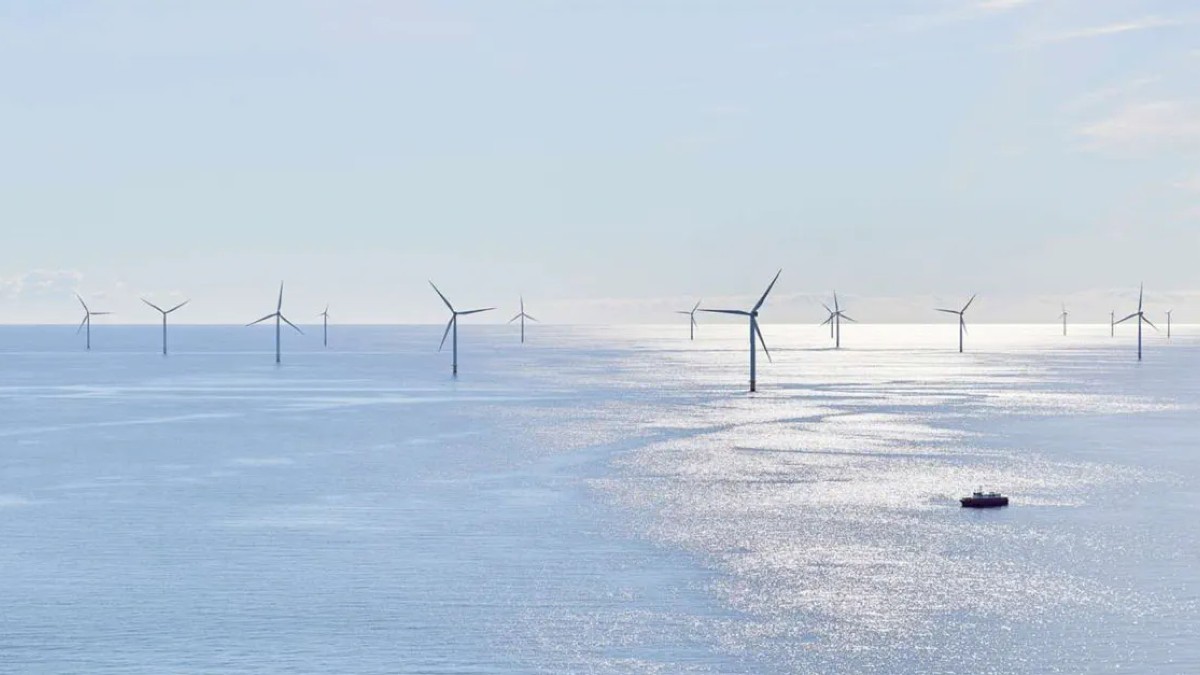Northeast States Launch Legal Challenge Against Federal Wind Farm Suspension
The clean energy landscape in New England faces significant disruption as two northeastern states take unprecedented legal action against the federal government. Connecticut and Rhode Island have jointly filed a lawsuit challenging the Trump administration's sudden suspension of the Revolution Wind offshore project, which was nearing completion and poised to deliver substantial renewable power to the region.
Key Highlights
- Legal Action: Connecticut and Rhode Island filing joint lawsuit against federal administration
- Project Status: Revolution Wind farm was approximately 85% complete before suspension
- Energy Impact: Project designed to power approximately 350,000 New England homes
- Economic Factor: $500 million in regional investments and 1,200 jobs at stake
The Revolution Wind Project: A Clean Energy Cornerstone
The Revolution Wind offshore farm represents one of the most significant renewable energy investments in New England's history. Located approximately 15 miles south of the Rhode Island coast, the project was designed to feature 65 turbines capable of generating 704 megawatts of clean electricity. This substantial capacity would have provided approximately 40% of Rhode Island's electricity needs and made significant contributions to Connecticut's renewable energy portfolio.
Technical Specifications and Capabilities
| Specification Category | Details |
|---|---|
| Total Capacity | 704 megawatts |
| Turbine Count | 65 units |
| Distance from Shore | 15 miles (Rhode Island coast) |
| Homes Powered | 350,000 households annually |
| Carbon Reduction | Equivalent to removing 500,000 cars from roads |
The Legal Challenge: States Versus Federal Administration
Connecticut and Rhode Island attorneys general have characterized the federal suspension as "baseless and politically motivated" in their legal filing. The lawsuit argues that the administration failed to provide adequate justification for halting a project that had successfully navigated years of regulatory review and environmental impact assessments. Legal experts suggest the case could set important precedents for state versus federal authority in energy infrastructure decisions.
Economic and Employment Implications
The suspension has immediate economic consequences beyond the clean energy production delay. More than 1,200 workers face potential job disruptions, and approximately $500 million in regional investments hang in the balance. Local suppliers, port facilities, and maritime support services that had geared up for the project's completion phase now face uncertain futures.
Regional Energy Security Concerns
New England's energy grid operators had incorporated Revolution Wind's output into their long-term planning. The unexpected suspension creates potential reliability challenges, particularly during peak demand periods. Regional energy experts note that the project was expected to provide critical diversity to New England's energy mix, which remains heavily dependent on natural gas imports.
Environmental and Climate Policy Ramifications
The project's suspension represents a significant setback for state-level climate goals. Both Connecticut and Rhode Island have legislated aggressive carbon reduction targets that depended heavily on Revolution Wind's contribution. The delay could complicate compliance with regional greenhouse gas initiatives and undermine investor confidence in other renewable energy projects.
The Path Forward: Legal and Regulatory Outlook
Legal proceedings are expected to move quickly through the federal court system, given the project's advanced stage and economic importance. Energy analysts suggest that regardless of the lawsuit's outcome, the controversy highlights the increasing tension between state energy independence initiatives and federal oversight authority. The case may ultimately influence how future administrations approach renewable energy project approvals.
The Revolution Wind controversy represents more than just a legal dispute—it embodies the broader national conversation about America's energy future. As Connecticut and Rhode Island pursue their legal challenge, the outcome will likely influence offshore wind development nationwide and determine whether states can maintain momentum toward clean energy goals despite changing federal priorities. The case underscores the complex interplay between energy policy, environmental protection, and economic development in America's transition to renewable resources.


